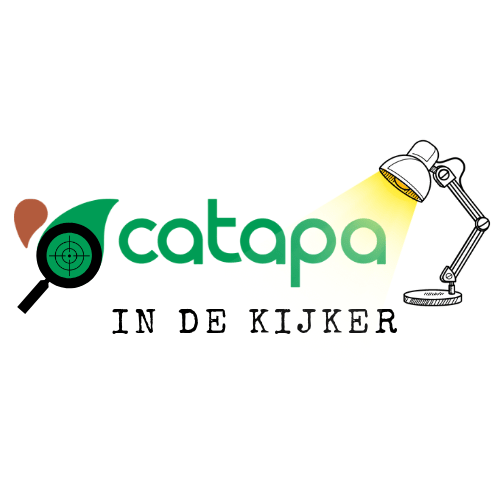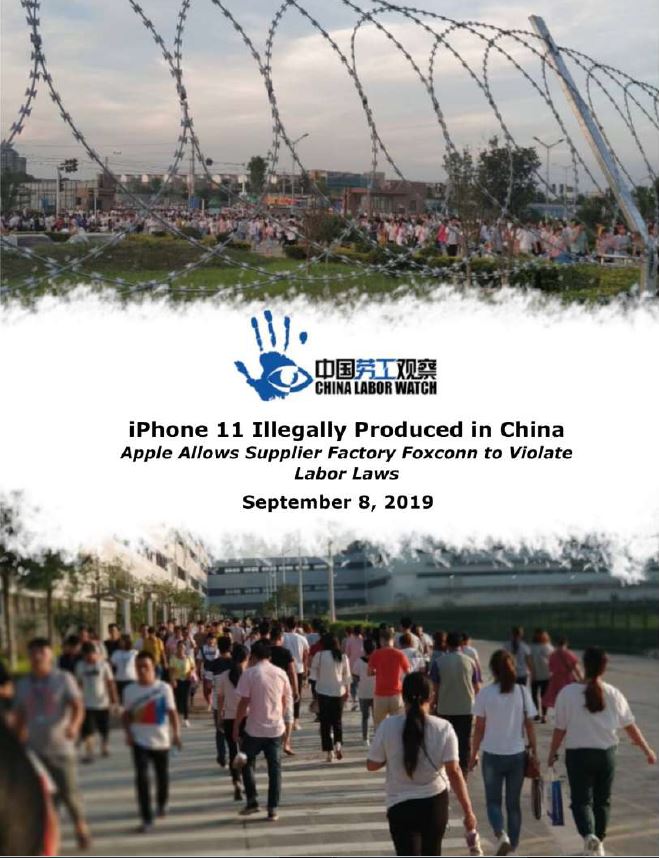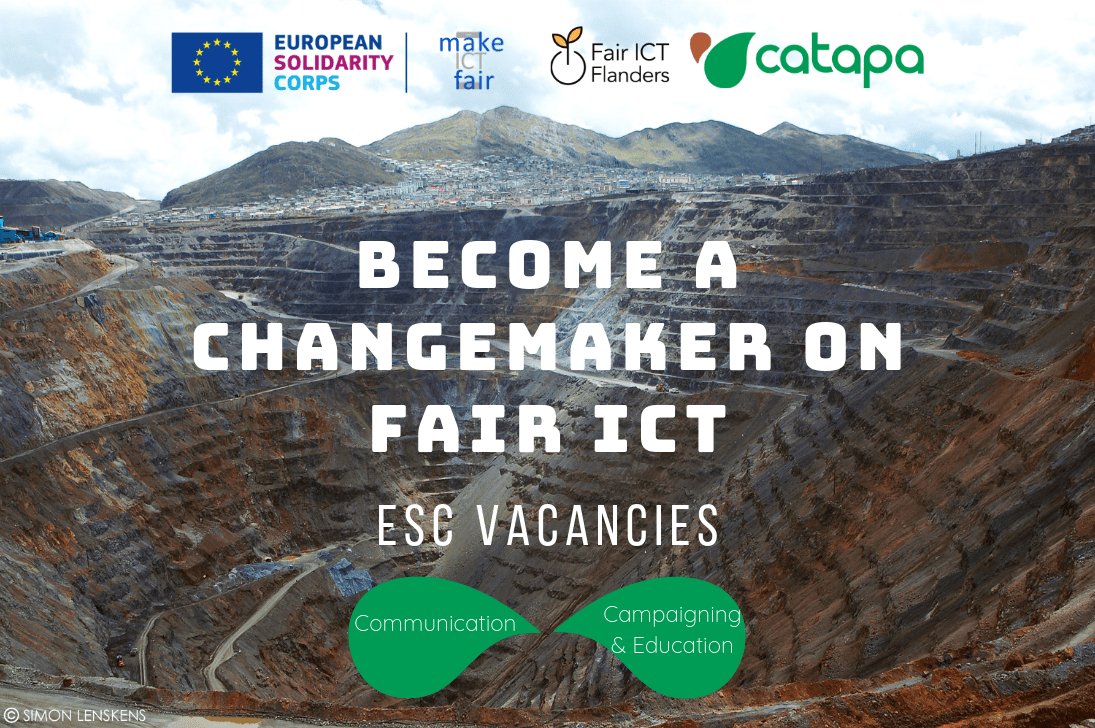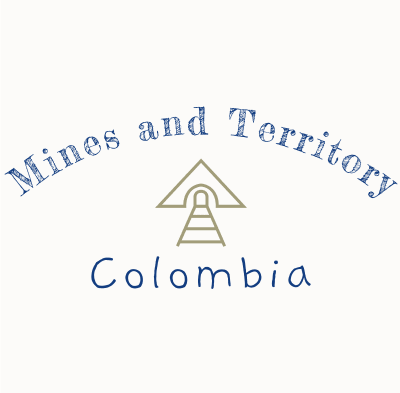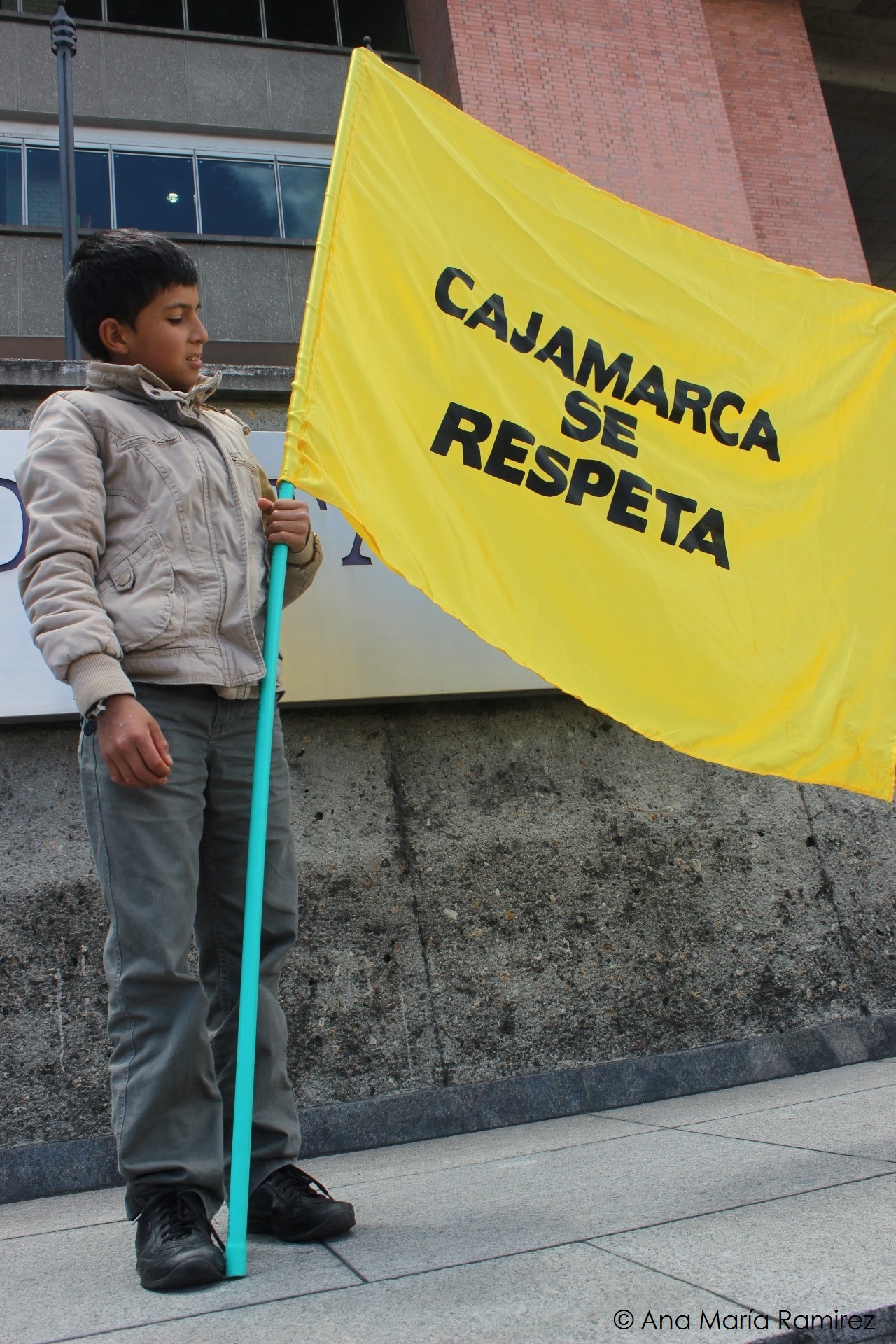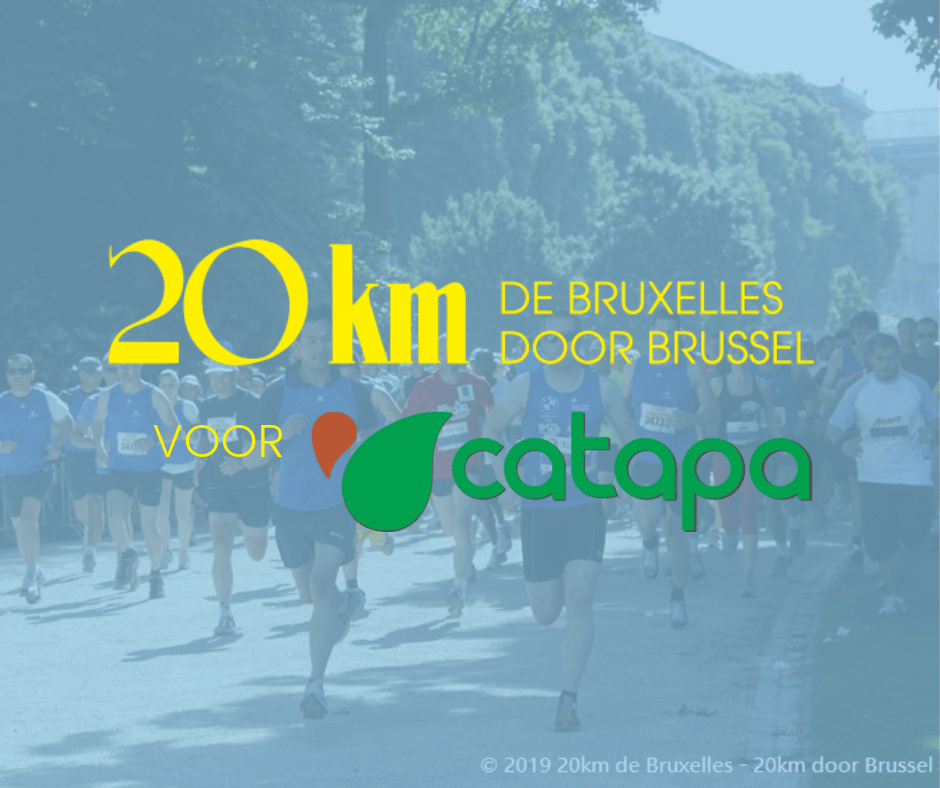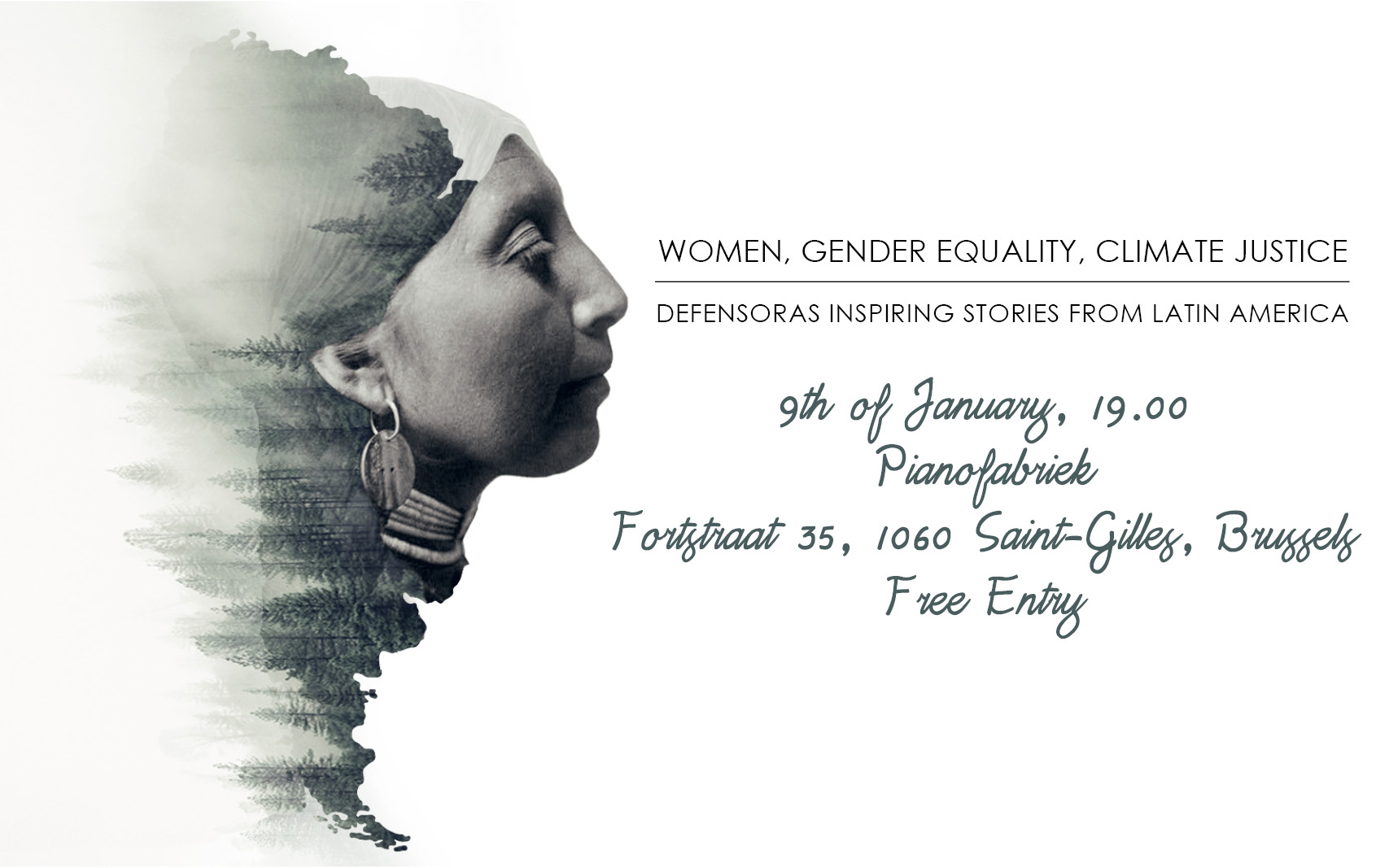Terrorist attack against Francia Márquez and other leaders of black communities in Northern Cauca
France Márquez Mina, social leader in the Cauca province and winner in 2018 of the prestigious Goldman Environmental Prize, also called the environmental Nobel Prize, denounced on May 4th that strangers opened fire on her while she was accompanied by several colleagues preparing a meeting with the National government. Although she got out unharmed, two of her escorts got injured in the attack.
Recognized internationally for her tireless fight against the exploitation of gold in the area of the Ovejas River in the municipality of Suarez, Cauca, where she is originally from, Francia managed through a tutelage action in 2009 that the Constitutional Court removed the mining titles which were owned by the multinational AngloGold Ashanti. From that moment onwards she has been receiving all kinds of threats for which she was left with no other choice than leaving her territory in 2014.
The struggle for the preservation of the environment has led to an unequal dispute between the environmental groups of the country, which generate public spaces to visualize the environmental problems in mining zones, and groups outside of the law that control illegal exploitation and drug trafficking using violent methods of intimidation.
Two days after the attack, Victor Hugo Moreno, president of the Association of Community Councils of Northern Cauca, one of the people who were present on the same spot when they tried to assassinate Francia, received a message on his cell phone that accentuated once again the terror in the area. : “(…) this Saturday was only the beginning of what will happen to all of you; next time all members of this organization will die (…) and all those who closed the humanitarian path in the so-called ‘minga’, your time has come, niggers… (…) “.
Sources: PULZO ‘Colombia es el tercer país donde más se asesinan defensores del medio ambiente’; CONTAGIORADIO ‘Atentan contra lideresa Francia Márquez’.
Members of Cosajuca and the Comité Ambiental en Defensa de la Vida threatened again by Águilas Negras
On March 26th, 2017, the consulta popular took place in Cajamarca, Tolima, where 97% of the votes said NO to mining activities within the municipality. This decision halted the arrival of the mega mining project La Colosa, the open pit gold mine that was supposed to be the largest one in Latin America. As a result of this popular referendum, the social and environmental leaders who promoted it suffered serious stigmatizations by local territorial entities, government sectors and companies with an interest in the territory, stigmatizations that are becoming stronger and put defenders at risk.
On May 14th some members of organizations such as Cosajuca, the Comité Ambiental en Defensa de la Vida and Conciencia Campesina received an email with a message that more or less announced that the time had come to “clean the country from all those who claim themselves as environmentalists and defenders of Cajamarca but who actually only impede its development and take refuge in NGOs to fill their pockets. ” The shippers of the threat were identified as ‘Águilas Negras Tolima’.
The members of Cosajuca and the Environmental Committee, two allied organizations of Catapa in Colombia, denounced the threats and expressed that the message evidences a clear relationship between political and business interests on the one hand, and the armed groups behind the threats on the other hand. Apart from demanding respect for the autonomy of the territories, they also express that the authorities must provide all the necessary guarantees that allow the integrity of all members of the affected social and environmental organizations and their families.
Source: FACEBOOK COSAJUCA’/photos/a.319407811806631/689982171415858/’; TWITTER ‘/CSPP_/status/1131597211966562310?s=19’.
Another law proposal by the Duque administration aims at making it easier for mining companies to access natural resources
Next July, the Duque administration intends to present a law that would regulate the Coordination and Concurrence procedure, which has mainly been built by the mining sector itself. This occurs after the Constitutional Court granted multinationals an easier access to the exploitation of natural resources in the subsoil and after it took away the veto power of consultas populares over these projects.
Juan Camilo Nariño, CEO of the Colombian Mining Association (ACM), suggested that the country has made progress in jurisprudential matters, which will give more certainty to the mining sector. “This precision and clarity generates greater investment and tranquility to the extractive industry and its investors. The decisions issued by the Constitutional Court between December and January make it clear that the territorial entities cannot prohibit mining through the mechanisms of citizen participation anymore, as they did before with popular referenda or municipal agreements. ”
Likewise, he claimed that the National Development Plan (PND for its Spanish acronym) will allow to consolidate small and medium mining in the country through a process of formalization, and that he’s feeling strong about the reforms of the General System of Royalties (SGR for its Spanish acronym).
The CEO clarifies: “It is fundamental for this sector to modify the current SGR since it will end up benefiting several fronts. Firstly, it balances local public discussions. Secondly, it makes the inhabitants of the mining municipalities feel the economic benefit thanks to the development of the extractive industries which operate in their territories. And thirdly, it simplifies a system with complex laws which are not allowing municipalities to access their resources easily. ”
Piedad Córdoba Ruiz, in her column in ‘Las2Orillas’, expressed her frustration over the proposed law which, according to her, only seeks to favor the extractive and multinational companies that are polluting the environment: “The Court gave free access to the resources of the subsoil, the popular referenda lost their veto power and now they come up with this new regulatory law of Coordination and Concurrence which goes hand in hand with the mining sector. It literally feels like we’re living in a mining dictatorship governed by multinationals.”
Sources: LAS2ORILLAS ‘El medio ambiente minado’; PORTAFOLIO: ‘Alistan ley que espanta el fantasma de las consultas populares mineras’.
What the march for the Páramo of Santurbán in the province of Santander revealed
On Sunday, May 10th, tens of thousands of people marched in Bucaramanga for the protection of the páramo of Santurbán and against the project of the mining company Minesa. Minesa plans to extract over nine million ounces of gold in the next 25 years in the vicinity of this fragile ecosystem which supplies water for about 2 million inhabitants.
The mobilization coincided with the re-delimitation of the páramo that the Ministry of Environment was applying by order of the Constitutional Court, and with the application of the environmental license that the mining company is seeking for, which would give the project a green light.
The march took place two weeks after videos got leaked from one of the private meetings of the mining company, in which its president Santiago Urdinola made it clear that relations with the community inside and outside of the area are not within their priorities. (For more information, read M&T April)
The dispute over mining in the páramo of Santurbán has now been going on for almost a decade. In 2011, the first demonstrations took place. One of the main questions in the preview of this march addressed the question whether it would be able to match the march of 2017 which mobilized around 50 thousand people. While there are no precise figures of how many people marched on the streets, the calculations point out that the number of people who attended was several thousand more than a year and a half ago.
La Silla Vacía, a regional newspaper, reviewed in detail the 2,800 pages that comprise the structural chapters of the study which proposes the exploitation of the large-scale underground mine for 25 years. They summarized it in seven key factors and impacts that Minesa will leave behind in the páramo of Santurbán:
- In some points, the area of influence of the project is only 20 meters below the current páramo frontier.
- The mine will work 24/7 for 25 years.
- It will most probably get rid of its pollutants on a stream that supplies the aqueduct of Bucaramanga.
- It will decrease flows in the basin of one of the rivers which provides water to the aqueduct.
- Heavy traffic will take over public roads and it is not clear if Minesa is willing to share the roads that would be built.
- The ground where the project will be built has actually no mining vocation.
- They must remove vegetation that as of now is forbidden to cut down.
Sources: LA SILLA VACIA ‘Siete impactos claves Minesa vecindad Santurbán’; LA SILLA VACIA ‘Lo reveló la marcha de Santurbán’; EL ESPECTADOR ‘Una nutrida marcha contra la minería en Santurbán’.
Yopal (province of Casanare) approves the prohibition of fracking in its municipality
With 11 positive votes, the Municipal Council of Yopal approved project 08 of 2019, “by means of which measures for the defense of the ecological and environmental heritage of the municipality of Yopal and other provisions are dictated.” It seeks to prohibit the exploitation of oil through fracking and is the first initiative of its kind that is presented in Colombia.
Nonetheless, the initiators clarified that this draft agreement does not intend to exclude Yopal from oil exploitation, but only seeks to prevent this fracking method that has been questioned a lot from being used in the municipality.
Many voices have risen in support of the initiative. As popular referenda have lost their strength, now the only expression of autonomy is left to the regions and municipalities. This expression of autonomy is needed in order to influence the development of their territory, against the increasingly voracious intervention of the national government, which takes away more and more independence in the management of their resources.
For more information, read our article on fracking in Colombia in the M&T April edition: ‘Comptroller warns that Colombia is not ready to fracking’
Fuentes: VIOLETA STEREO ‘Concejo de Yopal cierra el paso al fracking en el municipio’; CASANARE NOTICIAS ‘Aprueban prohibición del fracking en Yopal’.
New legal setback for AngloGold in Tolima
A judge in Ibagué filed the criminal proceeding against the director of Cortolima, Jorge Enrique Cardoso, and the head of the juridical office of that same entity, José Francisco Montufar, who had been denounced by the mining multinational Anglogold Ashanti for embezzlement of legal actions.
As stated by the investigating body, the two officials did not commit any crime when requesting, on March 11th 2013, the preventive suspension of the work that AngloGold Ashanti was carrying out in the village of Doima, municipality of Piedras. The Court archived the Prosecutor’s request because it did not find enough evidence to accuse the officials.
The mining company had requested an authorization to carry out hydrogeological works in order to prepare for the construction of an infrastructure related to the La Colosa project in Cajamarca, an application that was endorsed by Cortolima. However, the CEO of Cortolima explained that the multinational “cheated” on the corporation permit since it was only assigned to do a soil survey, while AngloGold was also executing totally different activities.
Cortolima received several complaints from the community about the machinery that had reached the municipality of Piedras and about the work they were doing. “We went to visit the place and saw that they had taken advantage of the forest, had adapted the Camao stream, they had installed machinery that is typically used for drilling groundwater exploitation, activities different from those they had communicated,” Cardoso said.
Source: EL OLFATO ‘Nuevo revés jurídico para AngloGold en el Tolima’.
Update Jericó: tension grows about large-scale mining in Jericó, Antioquia
Due to protests of the community, mining exploration procedure in Jericó is postponed
The mining company Quebradona, owned by the South African multinational AngloGold Ashanti, intended to install on May 13th a drilling platform to perform soil and geotechnical studies in order to develop its copper mine in the neighborhood of Vallecitos-Palo Cabildo, belonging to the municipality of Jericó, in the southwest of the province Antioquia. The employees arrived accompanied by the police, the army and the Esmad (special forces).
People from the community, leaders of the municipal administration and leaders of environmental groups were present in the area to oppose the drilling of the mountain. Several dozens of peasants also arrived to confront what they considered an attack on their sovereignty, arguing that the company was committing a violation of the 10th municipal agreement of 2018, which establishes the prohibition of metallic mining activities in the municipality.
To avoid a confrontation of large proportions, mayor Jorge Pérez arrived at the site and spoke with the people in charge of the Quebradona mine so that they wouldn’t violate the orders given by the Municipal Council. This recommendation was finally accepted after more than three hours of discussion, consigning that the mining company should not continue its activities until the Court takes a final decision about the validity of the municipal agreement.
Mayor Jorge Pérez: “Duque has to review the true potential of the country.”
“The attitude of the mining multinational is regrettable, because they know very well that the agreement is still valid as we have not known any ruling of the Administrative Court of Antioquia yet. They did somehow invade the village with the Esmad, the police and the army. That’s not the way. These people are peasants, not criminals, ” argued the mayor.
Perez: “It is not easy because we find ourselves in notorious inferiority in this power struggle. We are a sixth category municipality where most of the citizens are against the mining plans. Above us, we’re facing the will of the mining secretariat of Antioquia which promotes mining, the ministry of mining, the National Mining Agency, etc. President Duque is deadly wrong when he says that the country’s only economic outlet is the exploitation of resources. He should better spend his time reviewing the true potential of the country. Take a look at the enormous potential for food production, biodiversity and tourism.
Jericó is currently standing in a legal framework, we rely on our 010 municipal agreement; we hope that if one day all these legal forms of opposition are exhausted, all Colombians will rise up to protect their territories.”
Meanwhile, it’s known that in the coming month AGA will apply for its environmental license to step up the project, which increases the tense mood of the inhabitants as most of them refuse any kind of drilling in their territory.
Former President Álvaro Uribe against the project
The upcoming months are uncertain, because there a lot of different interest which have been moving local politics. The southwest of Antioquia is one of the spoils of the Democratic Center, a party that has never lost any election in the area and where President Iván Duque swept its campaign. And as if that wasn’t enough, this is the region were former president Álvaro Uribe Vélez was born.
Right in the middle of this dispute, President Uribe tweeted on April 7th a 13-minute video in which he explains why, according to his vision, mining should not take place in Jericó. Uribe used among others the following words: “Jericó y Suroeste, preserve and promote green projects, no to mining.” Quite a surprise for his followers, because it was the Uribe government that granted the largest amount of mining licenses in the history of Colombia.
Judge of Medellin supports municipal agreement
A judge in Medellín considered that he could not implement any precautionary measures to suspend the administrative act of the municipal council – which established a prohibition on mining in defense of the ecological and cultural heritage of the municipality of Jericó – as requested by the company AngloGold.
The judge reminded judicial decisions in which “the constitutional possibility held by the Municipal Councils to dictate the necessary rules for the control, preservation and defense of the ecological and cultural heritage of the municipality” have been confirmed.
Sources: SEMANA ‘Crece la tensión por minería a gran escala en Jericó, Antioquia’, CONTAGIORADIO ‘AngloGold Ashanti desconoce el acuerdo municipal que prohibe la minería’; EL COLOMBIANO ‘Exploración minera en Jericó se posterga’; EL TIEMPO ‘Choque entre Comfama y Anglo Gold Ashanti por mina en Jericó; LA REPÚBLICA ‘Anglo Gold pierde otra batalla en el proyecto minero de Quebradona’.

















